From ChatGPT to NotebookLM, these are the 10 best free AI productivity tools to help you get things done
AI assistants and chatbots to help you get things done
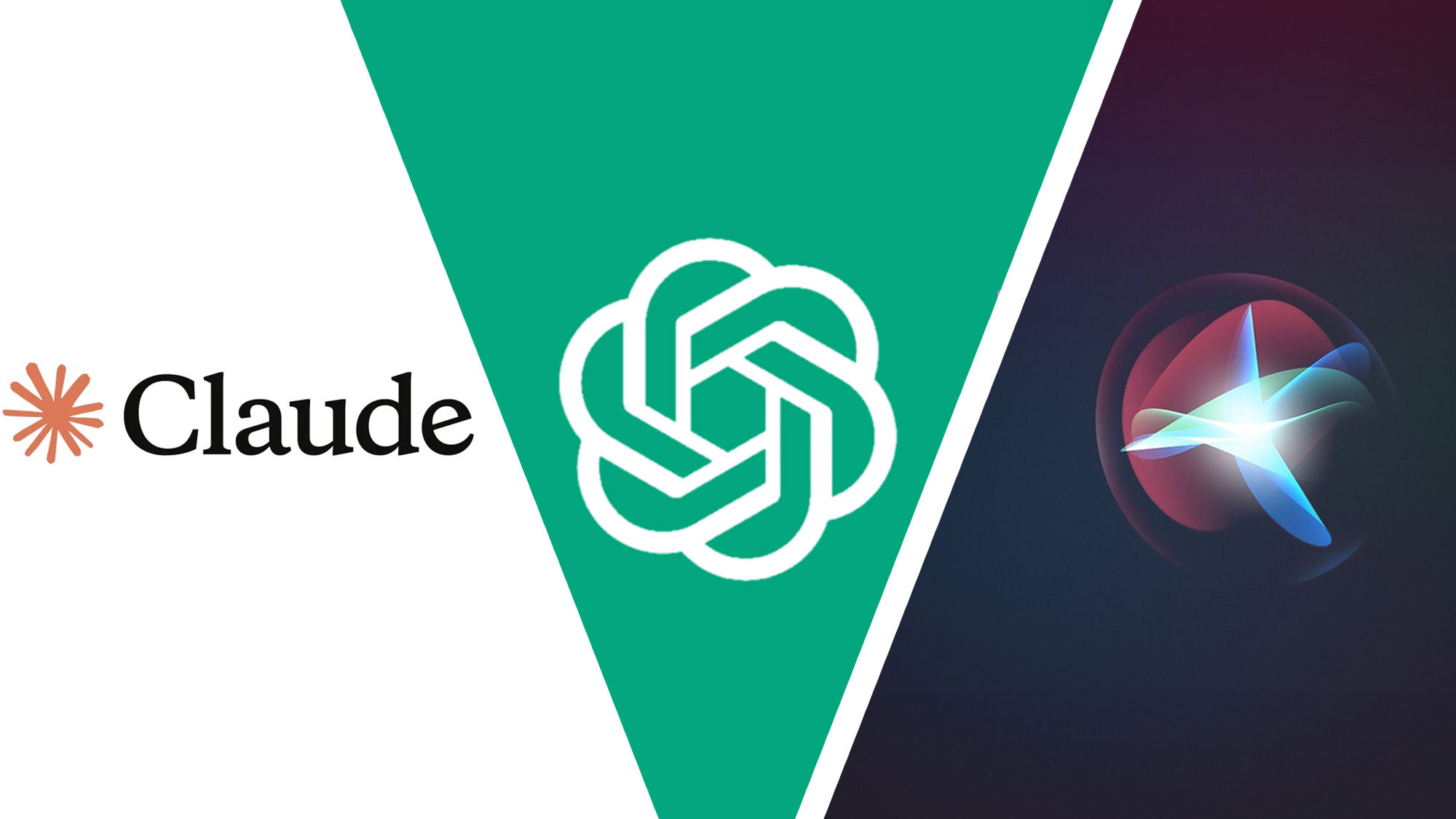
AI-powered assistants are evolving. With Apple set to roll out a major Siri upgrade later this year and Samsung going all in on its Galaxy AI strategy with the S25, AI assistants are becoming more capable, integrated, and, hopefully, useful. But they aren’t the only ones shaping the future of digital assistance.
The rise of AI chatbots, like ChatGPT, Claude, and Google Gemini, has introduced a new era of digital assistants that go beyond the voice commands we’re used to. These tools can engage in complex conversations, generate text, analyze information, and even help with coding, research, and content creation. Unlike traditional voice assistants, they’re designed to be interactive and adaptable, making them valuable productivity partners in a wide range of tasks, too.
But are any of these AI tools actually making us more productive? AI-generated art and content have sparked debate about plagiarism and creativity. But many people seem to be getting the most value from AI when it takes the role of an assistant rather than a replacement. When used as a productivity partner to streamline tasks, provide insights, and organize work, AI can make a big difference in your day.
If you’re looking for an AI tool to boost your productivity, there are plenty of options to choose from. Some act as chatbots and help with a range of tasks, others serve as search engine replacements, and some focus on organization, scheduling, and workflow automation. Below, we’ll explore the best AI assistants available today, including a mixture of different types and use cases.
The best AI tools for productivity
ChatGPT
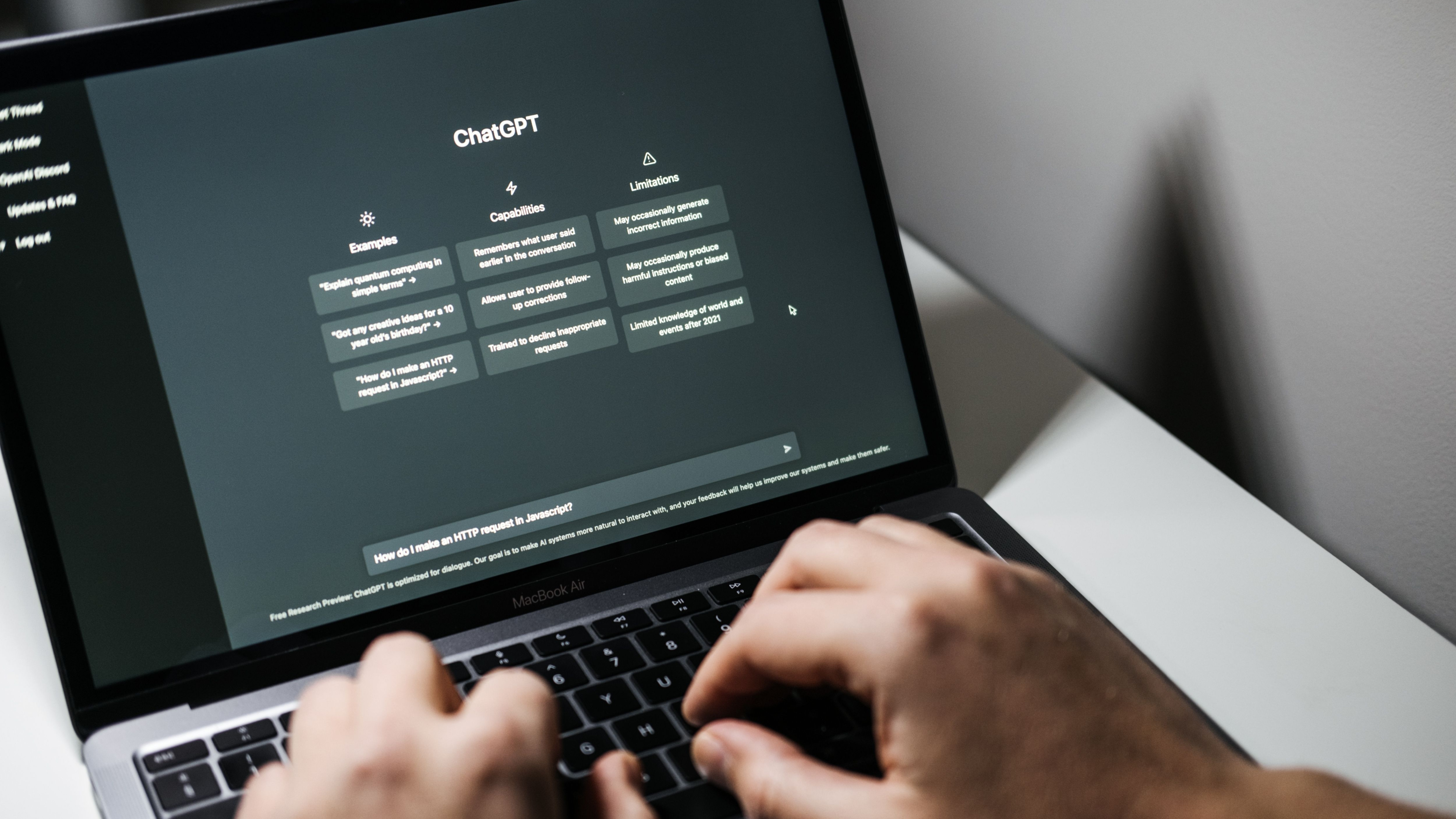
One of the most well-known AI assistants, ChatGPT (created by OpenAI) is an extremely versatile chatbot that can help with all sorts of tasks. Think summarizing articles and brainstorming ideas through to drafting emails, generating code, and even providing explanations on complex topics. Available in both free and paid tiers, the premium version offers access to more advanced capabilities, including faster responses and enhanced reasoning skills.
- Best for: Brainstorming, coding, research, writing and general AI-powered assistance.
Claude
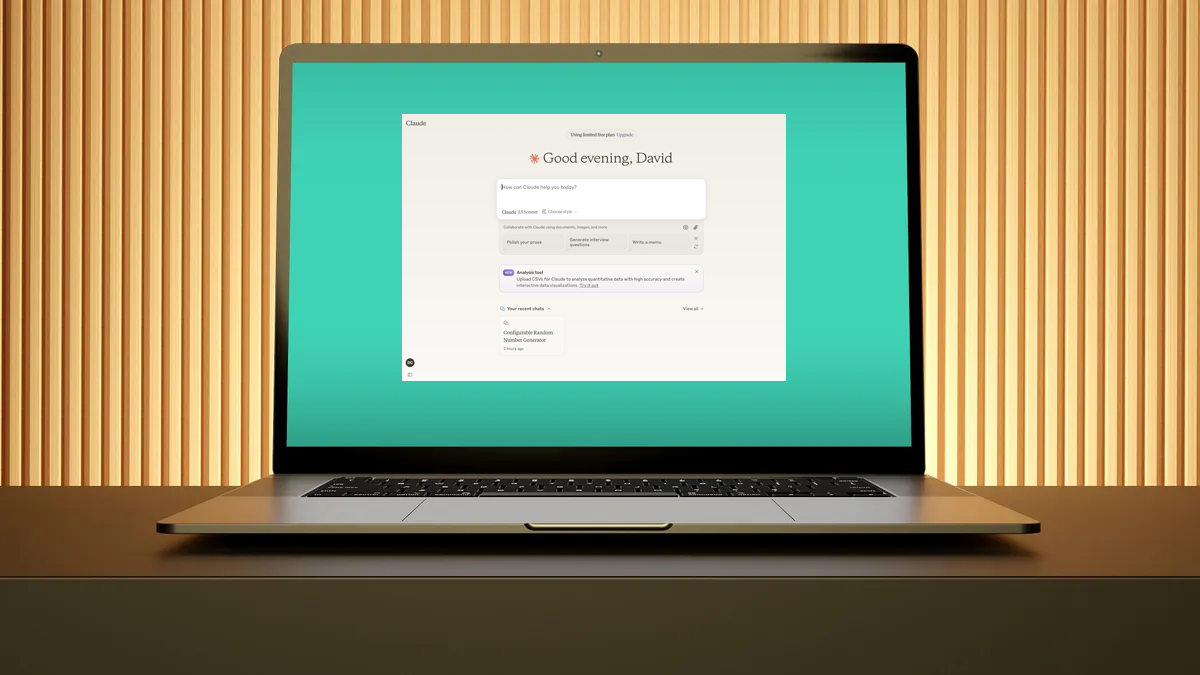
Claude is an AI assistant created by Anthropic, a company focused on AI safety and research. It's similar to ChatGPT in that it’s a chatbot that’s designed to do much more than chat, like engage in nuanced conversations and handle complex tasks, including analysis, writing, and coding. While Claude doesn't have real-time access to the internet, it does a good job at working with any information you give it, whether that's documents, data, or images. Users tend to like it for providing detailed, thoughtful responses and handling more sensitive topics.
- Best for: In-depth analysis, document processing, and professional applications like writing, coding, and research assistance.
Microsoft Copilot
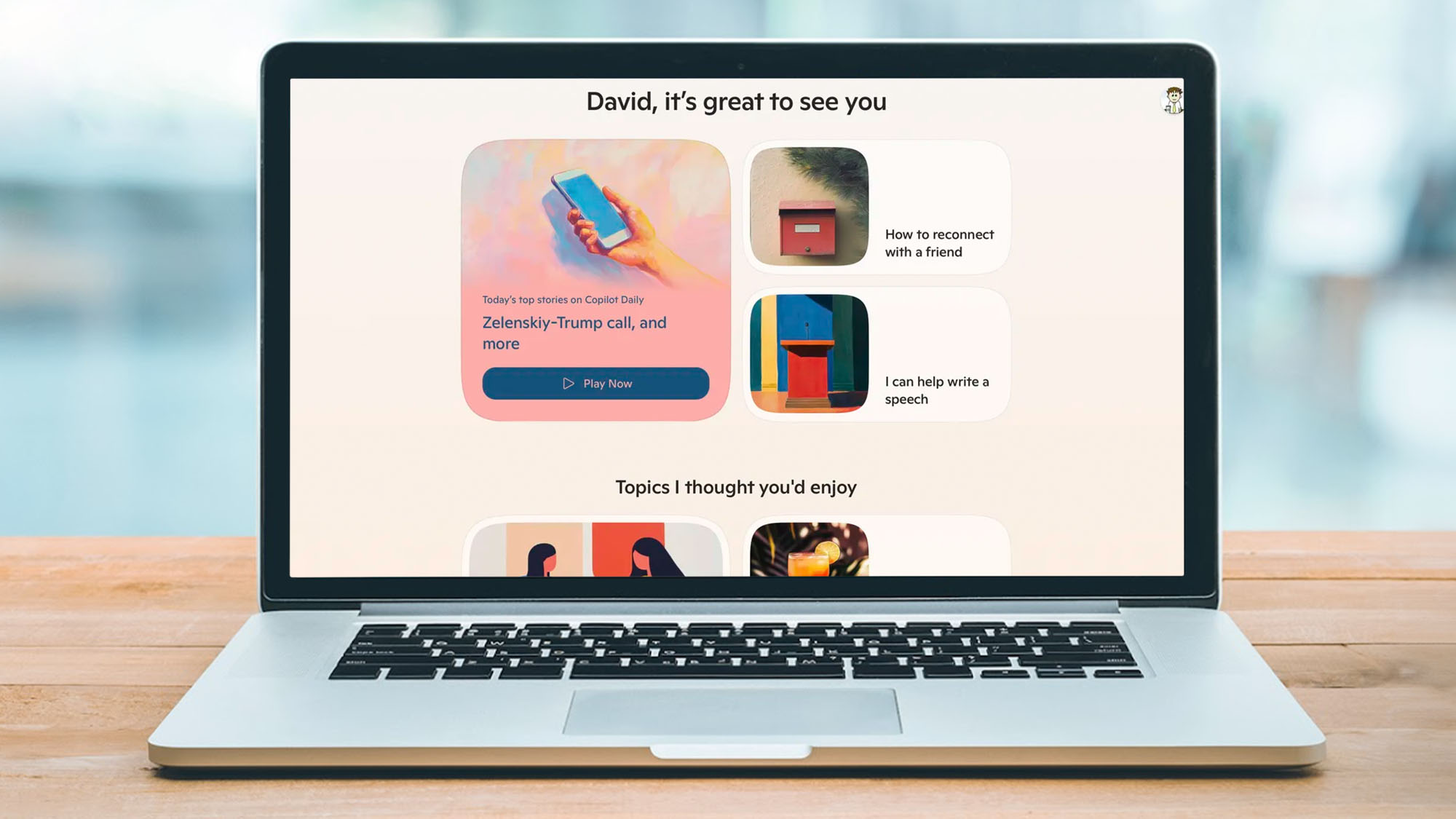
Microsoft Copilot is a chatbot and AI assistant that you can access via the web and apps, but it’s also integrated into the Microsoft 365 suite, helping you work with applications like Word, Excel, PowerPoint, Outlook, and Teams. It offers a range of features designed to improve productivity, like assisting with drafting, editing, and summarizing documents in work. Or managing emails and summarizing threads in Outlook. Or summarizing meetings and highlighting key action items in Teams. It’s available to Microsoft 365 subscribers, with additional premium features – like access to the latest AI models and early advanced features – accessible through a Microsoft Copilot Pro subscription.
Get daily insight, inspiration and deals in your inbox
Sign up for breaking news, reviews, opinion, top tech deals, and more.
- Best for: People who use Microsoft 365 apps for work, general productivity, creating documents, managing emails, making presentations.
Google Gemini and Google Assistant
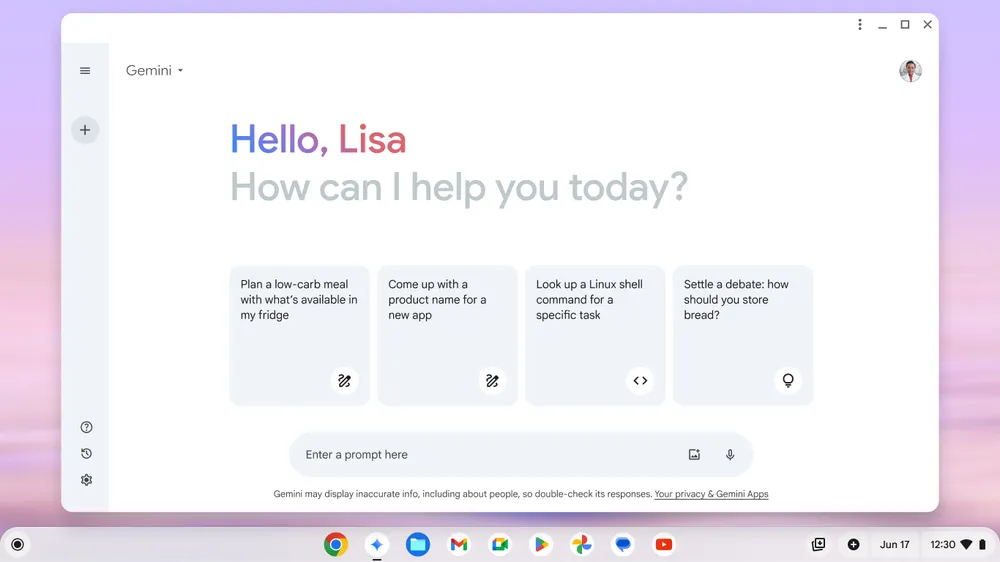
Google offers two AI tools designed to enhance productivity in different ways, depending on what you’re looking for: Google Gemini and Google Assistant.
Google Gemini is a powerful AI model that competes with ChatGPT and it’s designed for tasks like creating content, analyzing data, and answering complex questions. Like Microsoft’s Copilot, it also integrates with Google Workspace apps, like Gmail, Docs, and Slides, offering AI-powered assistance for writing, summarizing, and brainstorming. You can use it for free, but advanced features are available through the Google One AI Premium plan.
On the other hand, Google Assistant is AI-powered, but it’s a voice-activated tool built for everyday tasks. So it’s created to help with scheduling, reminders, managing calendars, controlling smart home devices, and hands-free commands on phones, speakers, and smart displays.
- Best for: Gemini is a good choice for professionals looking for AI-powered content generation and research, while Google Assistant is perfect for those who want a hands-free, voice-controlled assistant.
Siri
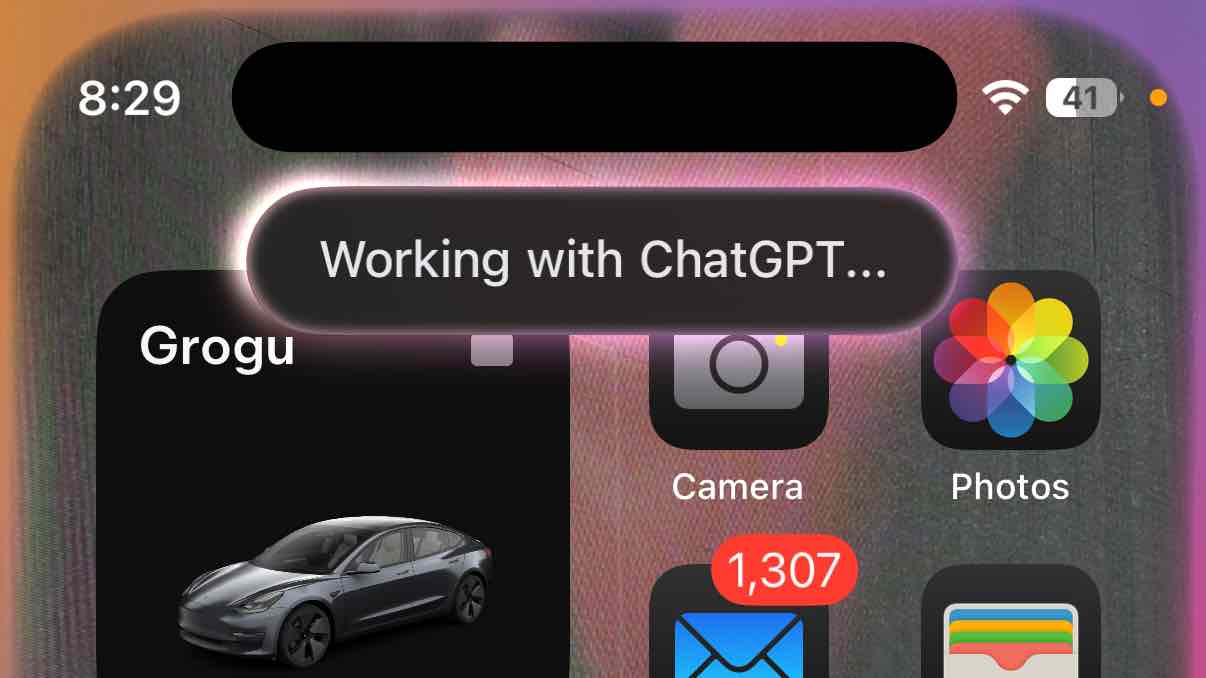
Siri is Apple’s voice-activated, AI assistant and it’s built into Apple devices. It excels at hands-free tasks like sending messages, setting reminders, and controlling smart home devices. Because AI is in everything at the moment, it’s worth making it clear that unlike AI chatbots like ChatGPT, which are designed for conversation and content generation, Siri focuses on quick, action-based commands instead. However, a recent Siri update means it can now do more than ever and actually calls on ChatGPT (if you grant it permission) to provide more detailed and context-aware responses.
A major upgrade is expected to come to Siri with iOS 18.5, which could bring smarter context awareness and on-screen content recognition, as well as much more. These improvements will help Siri handle more complex tasks that involve a lot of steps – hopefully making it more intuitive and useful.
- Best for: Those who want a voice-controlled assistant for managing daily tasks, accessing quick information, and controlling other Apple devices.
Other options to consider
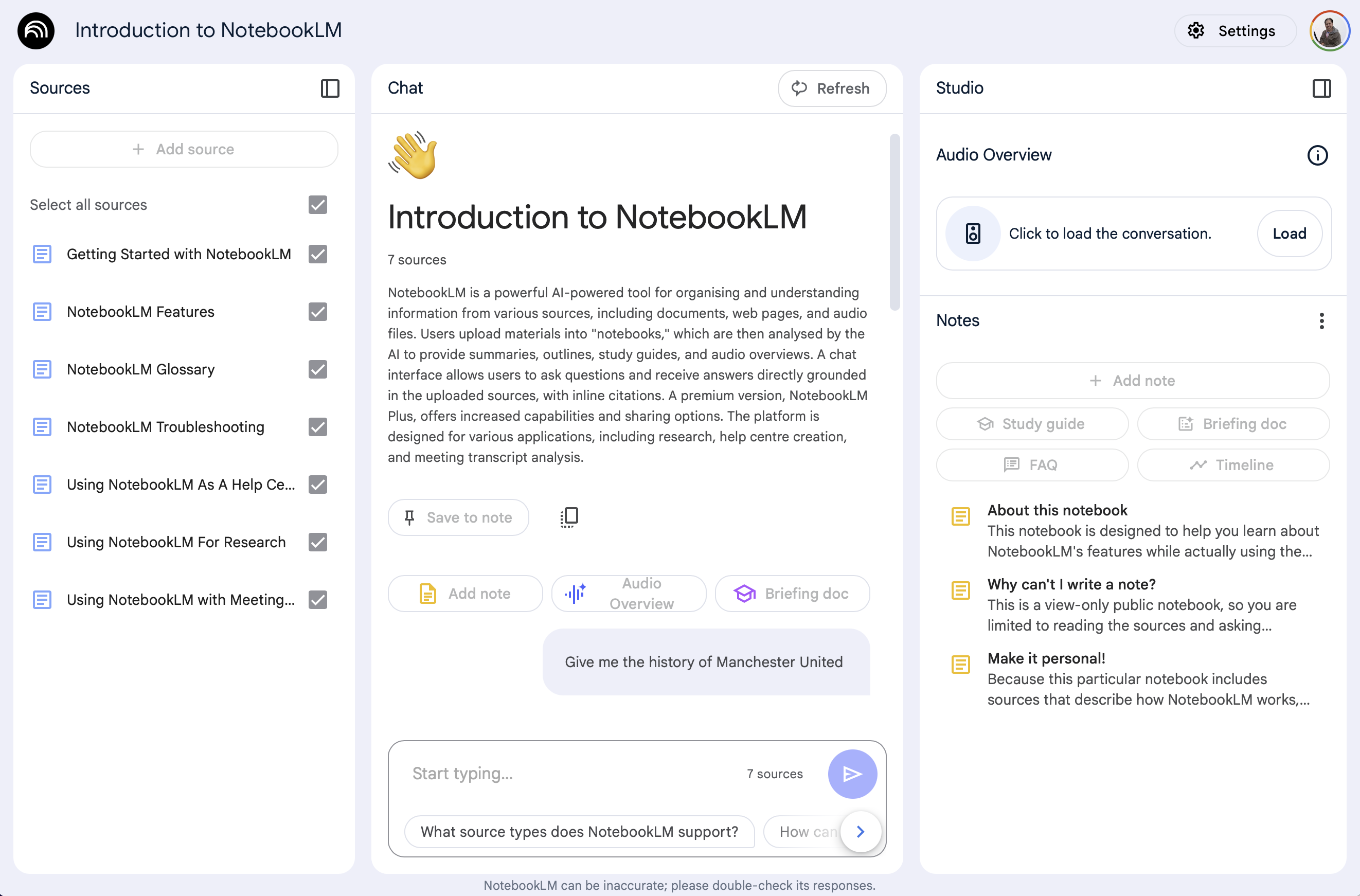
Not all AI tools work as multi-purpose productivity partners – many are designed for more specific tasks. If you don’t need a general AI helper but want support in a particular area, these specialized tools could be a better fit.
Otter: For example, Otter is an AI-powered transcription service that’s invaluable for anyone who regularly conducts interviews or attends meetings and needs fast, accurate transcriptions.
Perplexity: Perplexity is an AI-powered search engine that brings you more context-aware answers, making it ideal for those who need help with research or fact-checking.
NotebookLM: Google’s NotebookLM is also designed for summarizing notes and helping users organize information more effectively. Think of it like a research companion that can use advanced language models to help you process and refine your ideas.
Grammarly: Similarly, Grammarly is a good option for those who write a lot in their roles and don’t want an AI tool to do it for them, but need assistance with proofing and spell-checking.
Jasper: Jasper is an AI writing and marketing tool, that helps businesses and creators create and refine content for marketing, like email newsletters and blog posts.
By focusing on specific use cases and doing one or two jobs really well, these tools provide targeted support, making them useful alternatives to more general AI assistants.
Things to consider before choosing an AI assistant
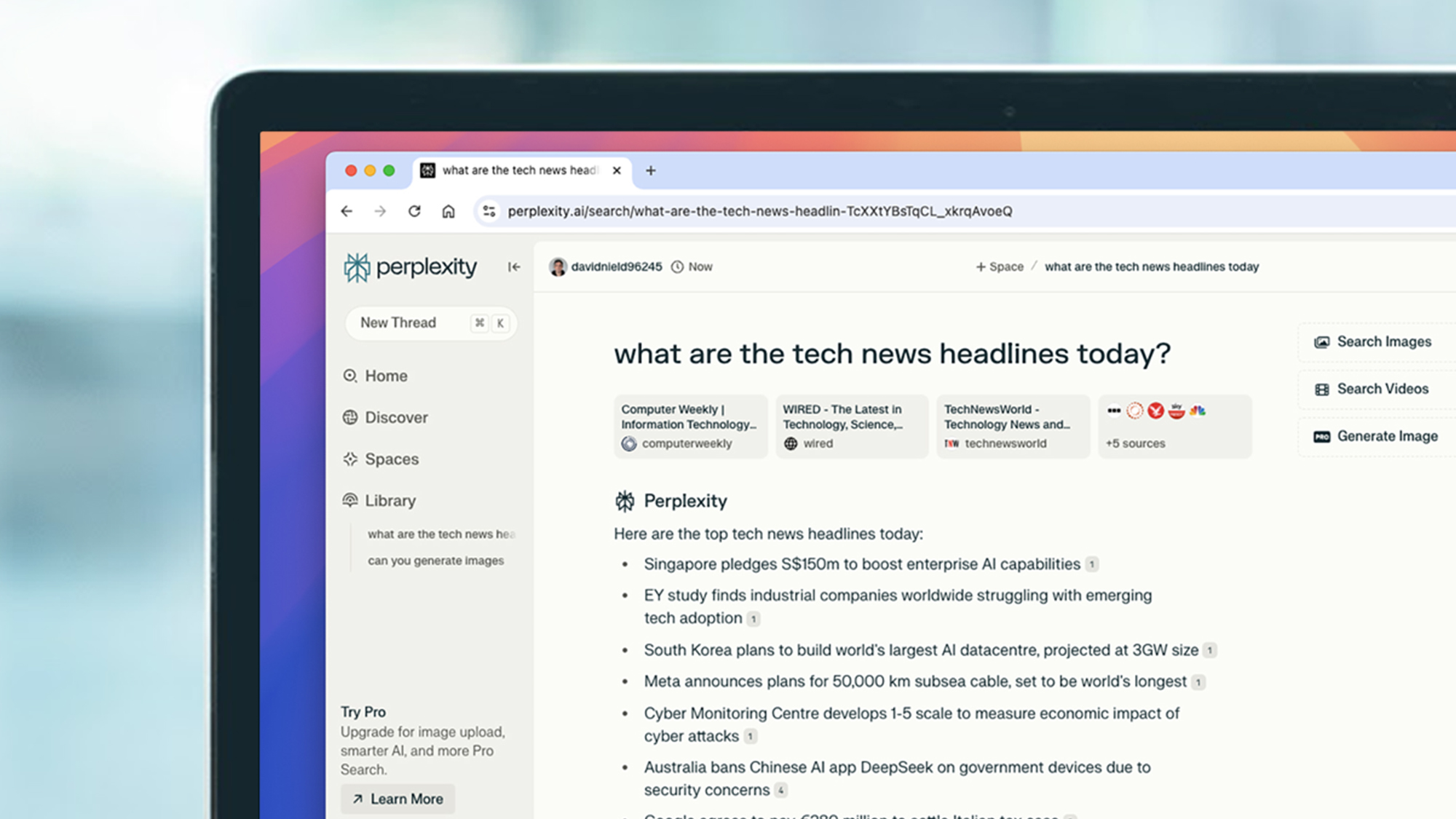
AI assistants can be incredibly useful, but there are a few key factors to keep in mind beyond the basics – like whether you like the user experience, if it meets your needs, and if it fits your budget.
Firstly, it’s important to understand how it handles your data. Some AI tools store and analyze what you ask them or the data you give them to improve performance, while others prioritize privacy by keeping interactions local or encrypted. If data security is a concern for you, then do check whether the assistant retains, shares, or sells your data, and take a moment to review its privacy policy.
If you only need an AI assistant for one or two tasks, then you can use it as a standalone tool. But some of the options above can streamline your workflow across multiple platforms, so you’ll need to make sure it integrates with other things, like your email, calendar, project management tools, and editors.
In the same vein, it’s worth thinking about whether you want an AI assistant that’ll perform tasks without you prompting it. Some AI assistants take a proactive approach, automating tasks like scheduling, summarizing emails, or generating content without needing input.
The good news is that many of these options offer free tiers or trial periods, so you can test their features before you commit. Since everyone’s needs and preferences are different, we recommend experimenting with a few of the different options so you can find the right fit for you.
Are AI assistants worth it?
AI assistants and chatbots are becoming more advanced, and more people are adding them into their daily routines. While some see these tools as gimmicks or unnecessary, others find them game-changing for managing tasks, boosting productivity, and streamlining their workflows.
Whether they’ll evolve into indispensable tools we all use for the long term remains to be seen. But with major developments on the horizon from Apple, Samsung, and other major players in tech, the future of AI assistants looks promising.
You might also like
- I used NoteBookLM to help with productivity - here’s 5 top tips to get the most from Google’s AI audio tool
- OpenAI confirms 400 million weekly ChatGPT users - here's 5 great ways to use the world’s most popular AI chatbot
- I've become a ChatGPT expert by levelling up my AI prompts – here are my 8 top tips for success
Becca is a contributor to TechRadar, a freelance journalist and author. She’s been writing about consumer tech and popular science for more than ten years, covering all kinds of topics, including why robots have eyes and whether we’ll experience the overview effect one day. She’s particularly interested in VR/AR, wearables, digital health, space tech and chatting to experts and academics about the future. She’s contributed to TechRadar, T3, Wired, New Scientist, The Guardian, Inverse and many more. Her first book, Screen Time, came out in January 2021 with Bonnier Books. She loves science-fiction, brutalist architecture, and spending too much time floating through space in virtual reality.
You must confirm your public display name before commenting
Please logout and then login again, you will then be prompted to enter your display name.
